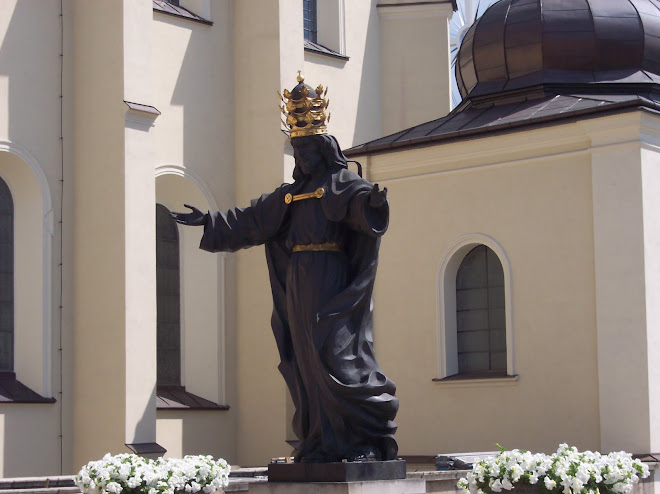Why has the Vatican as yet not opined on the death of the musician known as "Prince"?
A Vatican spokesman, Cardinal Bogus Smirk, commented, "Pope Polypistes is too busy being unjudgmental about the Rev. Affable Fondleguys to deal with this yet. But he wishes to express the Church's sense of loss at the passing of this cultural icon."
Hatred Explained
-
So, what is emerging one week after Charlie Kirk’s brutal assassination?
The assassin was the “boyfriend” of a male who fancies himself a woman.
That is, h...
7 hours ago







































